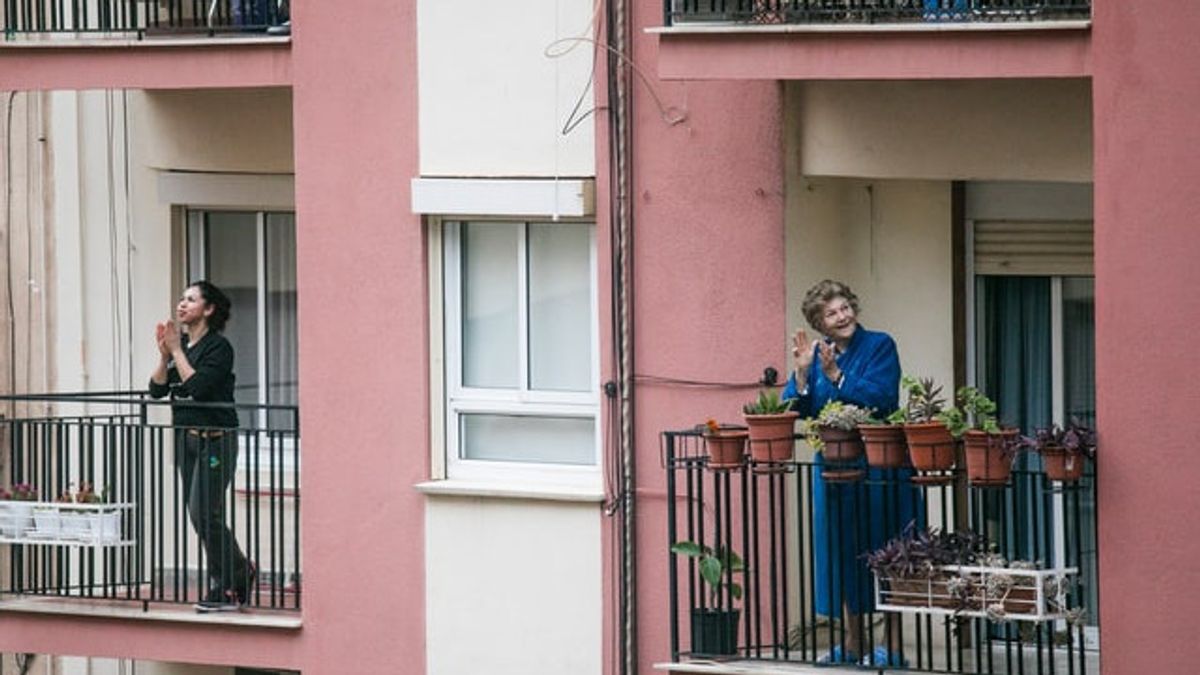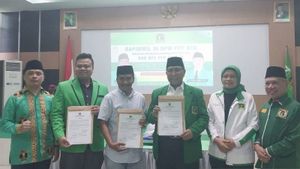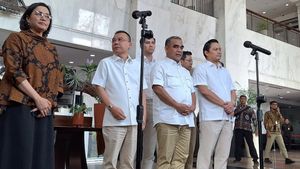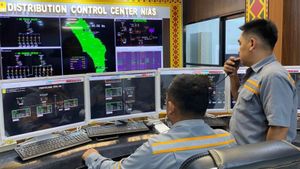JAKARTA - In a matter of days, we will leave 2020. Almost everyone may agree that this year is the worst. Mainly because of the COVID-19 pandemic. However, to borrow a term that is often said by wise people, that there is always wisdom behind disaster.
The COVID-19 pandemic has prompted many countries to go into lockdown because the number of cases has skyrocketed. It is for goodness sake, but many people feel depressed as a result of being in locks and unable to travel anywhere. But on the other hand, "being confined" by humans has a positive impact.
Citing a University of Washington study, atmospheric scientists analyzed how the cessation of public mobility in February affected air quality in China. The results show a marked decrease in nitrogen oxides. The gas comes from the exhaust pipe and one of the smog components.
"During the February 2020 keynote in China, there was a large and rapid drop in nitrogen dioxide, unprecedented in the satellite record," said Michael Diamond, University of Washington doctoral student in atmospheric science.
Clean air also occurs in Venice, Italy. The tourist crowds that used to flock to Venice's canals have disappeared and the number of motorboats has been reduced considerably. As a result, the normally polluted canal water is clearer than many local residents can remember.
“The channel is clearer clearer, you only need to look at the canal when the water is very calm. No boats, no traffic. What is certain is cleaner, "said Venetian Serguei Michtchenk was quoted as saying.
Save fuelKuncitara due to the COVID-19 pandemic has also made many people save fuel. In the UK, for example, many vehicle owners have saved more than £ 267 million.
Research from price comparison site GoCompare quoted by Moto1 reveals that the average Briton has saved 34 working days between the start of the lockdown in April to May 12. GoCompare noted that 68 percent of British people drive to work every day and the average British worker spends 58 minutes a day by car.
This means that those working from home spend an average of 30 hours less on the road. Whereas in a normal year, the average person can spend more than 200 hours a year behind the wheel traveling to and from work.
Unique eventsUnique events also occur during lockdown or quarantine in several cities in the world. Cities around the world, which practice lockdowns, quarantine and social distancing, are being visited by animals playing. In Nara, Japan, deer roam city streets and subway stations. The deer are used to tourists feeding them rice crackers.
However, since Kuncitara, the city is very quiet from human visitors, deer began to roam in search of food. Deer can be seen crossing city streets, snacking on potted plants.
Less tourists in Nara = less people feeding the deer in the parks 🌷🌱 Now they're venturing out into the city eating flowers and plants, per Fuji TV # coronavirus # 新型 コ ロ ナ ウ イ ル ス の 影響 で 海外 観 光 客 の 減少 が 続 く 奈良 公園で 、 鹿 せ ん べ い を も ら え な く な っ て し ま っ た シ カ ち ゃ ん 達 😢 pic.twitter.com/yUFWJ4S9sj
- Kurumi Mori (@rumireports) March 6, 2020
In Lopburi, Thailand, the absence of tourists who often provide delicious snacks makes the local monkeys fight. The monkeys fight because they only get so little food. Even the monkeys can fight over a cup of yogurt.
Paige Warren, an ecologist at the University of Massachusetts Amherst, says kuncitara can indeed affect wildlife in unexpected ways. At the same time, fewer people on the road could drive some species away, he said, especially those that subsist on human food. But like many urban animals that have adapted to humans, the animals will find ways to adjust during quarantine, Warren said.
The English, Chinese, Japanese, Arabic, and French versions are automatically generated by the AI. So there may still be inaccuracies in translating, please always see Indonesian as our main language. (system supported by DigitalSiber.id)













